
On January 26, two very important decisions with regard to the events of 1915 were adopted by both the Danish Parliament (Folketing) and Constitutional Council of France.
First of all, the Danish Parliament, adopting a resolution, stated that it finds that the best path to reconciliation will be an open dialogue about the story on the basis of a free and uncensored history research, including the release of all official documents from the period. Furthermore, it declared the Parliament will continue to maintain its parliamentary tradition not to issue judgments about historical events.
The Danish Parliament’s decision is yet another official reiteration of the fact that parliaments and governments are not the places to decide on historical controversies, that the debates on the 1915 events should be left to historians.
Constitutional Council of France, as well, declared its decision rescinding a bill recently adopted by the French Parliament to amend the Law of Citizenship and Equality to criminalize the denial and trivialization of war crimes, crimes against humanity, and genocides if it amounts to hate speech. As it is known, the law in question was the product of the collective efforts of the French President and French Armenians, and their latest formula to criminalize the rejection of the Armenian narrative in France. However, the Constitutional Council of France once again proved that such efforts are unlawful and futile.
In its verdict, the Constitutional Council of France ruled that the law was unnecessary given the existing laws on incitement to hatred. Moreover, the Council stated that this law opens the way for comments regarding events that did not constitute a crime at the time that they were made to be punishable, and causes legal ambiguity for events and comments that should normally be decided upon with historical discussions. Finally, it ruled that the law was an unnecessary and disproportionate attack against freedom of expression.
With this decision, the French Constitutional Council, in line with its previous verdict regarding the Gayssot Act and ECtHR’s judgment on the Perinçek vs. Switzerland case, once again confirmed that historical events, such as the events of 1915, are legitimate matters of debate, and laws criminalizing the rejection of the Armenian allegations are in violation of the freedom of expression. In this context, there is yet another step to be taken by the Constitutional Council of France. That is the abrogation of the one sentence law of 2001 proclaiming the events of 1915 as genocide.
Ultimately, both the Danish Parliament and the Constitutional Council of France once again proved the legitimacy of Turkey’s proposal to establish Joint Historical Commission to shed light on the events of 1915.
In the light of these decisions, supporters of the Armenian narrative would be well advised to cease politically motivated legal acts to impose the one-sided Armenian version of history.
© 2009-2025 Center for Eurasian Studies (AVİM) All Rights Reserved
No comments yet.
-
 CONTRADICTIONS REVEALED WITH THE DEBATES ON SREBRENICA IN THE UN
CONTRADICTIONS REVEALED WITH THE DEBATES ON SREBRENICA IN THE UN
Ali Murat TAŞKENT 12.07.2015 -
 GREECE, GREEK CYPRIOT ADMINISTRATION AND ARMENIA - COMMONALITIES
GREECE, GREEK CYPRIOT ADMINISTRATION AND ARMENIA - COMMONALITIES
Ali Murat TAŞKENT 01.08.2017 -
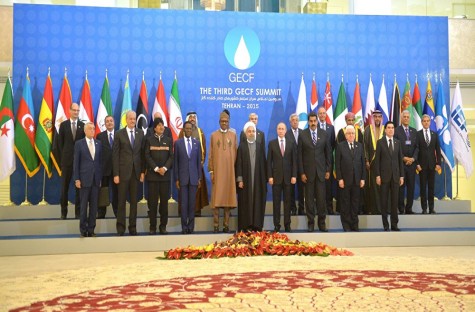 THIRD GAS SUMMIT OF THE GAS EXPORTING COUNTRIES FORUM
THIRD GAS SUMMIT OF THE GAS EXPORTING COUNTRIES FORUM
Ali Murat TAŞKENT 07.12.2015 -
 THE SO-CALLED 'ELECTIONS' IN NAGORNO-KARABAKH
THE SO-CALLED 'ELECTIONS' IN NAGORNO-KARABAKH
Ali Murat TAŞKENT 04.10.2015 -
 CONFERENCE ORGANIZED BY LSE’S CONTEMPORARY TURKISH STUDIES CHAIR
CONFERENCE ORGANIZED BY LSE’S CONTEMPORARY TURKISH STUDIES CHAIR
Ali Murat TAŞKENT 04.06.2015
-
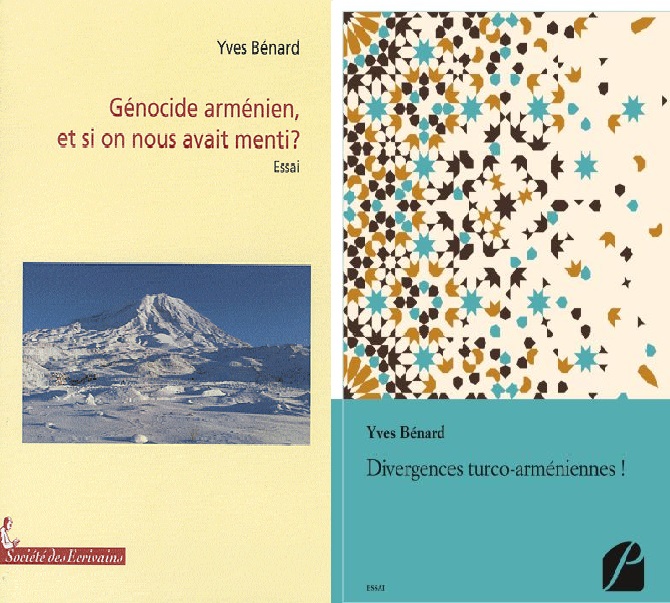 AN OBJECTION FROM FRANCE: YVES BENARD
AN OBJECTION FROM FRANCE: YVES BENARD
Tutku DİLAVER 26.12.2017 -
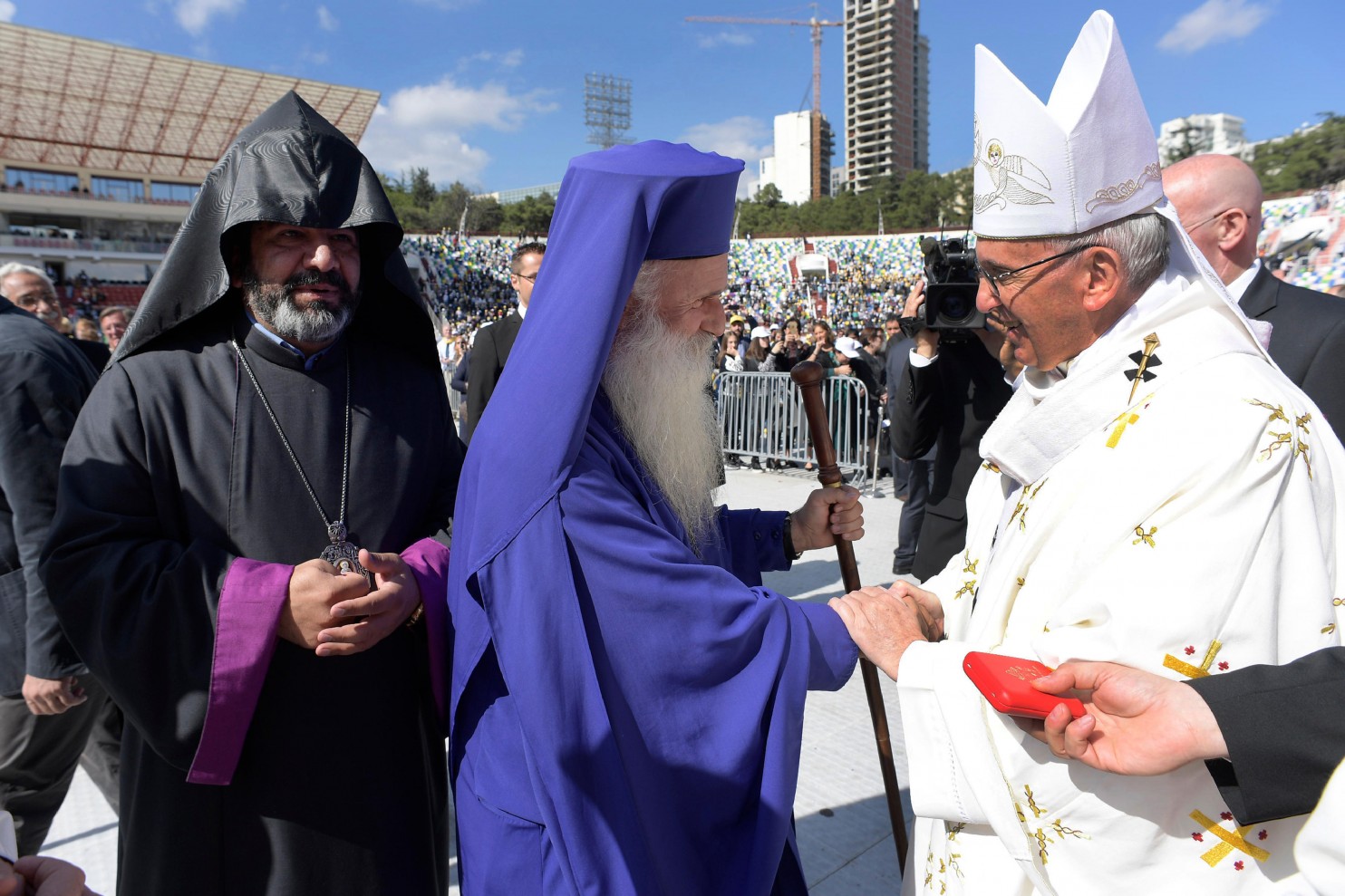 STRATEGY AND ETHICS OF POPE FRANCIS IN ORTHODOX GEORGIA
STRATEGY AND ETHICS OF POPE FRANCIS IN ORTHODOX GEORGIA
Teoman Ertuğrul TULUN 10.10.2016 -
 CONSTRUCTIVE EURASIANISM AND COOPERATIVE SECURITY: AVİM’S PERSPECTIVE ON THE BLACK SEA REGION
CONSTRUCTIVE EURASIANISM AND COOPERATIVE SECURITY: AVİM’S PERSPECTIVE ON THE BLACK SEA REGION
Teoman Ertuğrul TULUN 10.10.2025 -
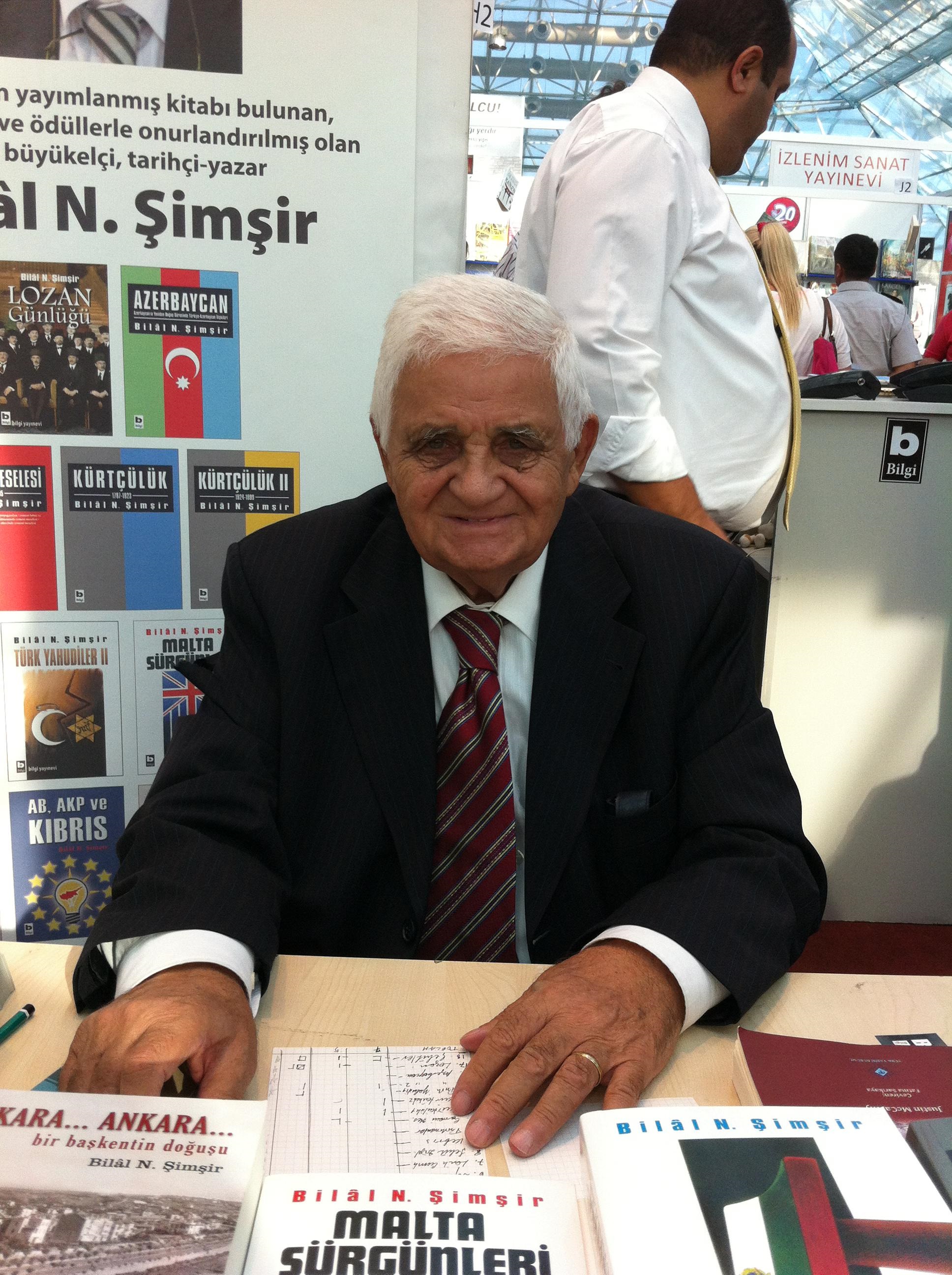 HISTORIAN AND DIPLOMAT BİLAL N. ŞİMŞİR
HISTORIAN AND DIPLOMAT BİLAL N. ŞİMŞİR
AVİM 07.02.2022 -
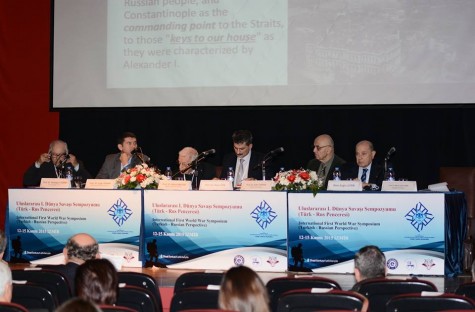 INTERNATIONAL FIRST WORLD WAR SYMPOSIUM (TURKISH-RUSSIAN PERSPECTIVE) HELD ON 12-15 NOVEMBER 2015
INTERNATIONAL FIRST WORLD WAR SYMPOSIUM (TURKISH-RUSSIAN PERSPECTIVE) HELD ON 12-15 NOVEMBER 2015
AVİM 25.11.2015
-
25.01.2016
THE ARMENIAN QUESTION - BASIC KNOWLEDGE AND DOCUMENTATION -
12.06.2024
THE TRUTH WILL OUT -
27.03.2023
RADİKAL ERMENİ UNSURLARCA GERÇEKLEŞTİRİLEN MEZALİMLER VE VANDALİZM -
17.03.2023
PATRIOTISM PERVERTED -
23.02.2023
MEN ARE LIKE THAT -
03.02.2023
BAKÜ-TİFLİS-CEYHAN BORU HATTININ YAŞANAN TARİHİ -
16.12.2022
INTERNATIONAL SCHOLARS ON THE EVENTS OF 1915 -
07.12.2022
FAKE PHOTOS AND THE ARMENIAN PROPAGANDA -
07.12.2022
ERMENİ PROPAGANDASI VE SAHTE RESİMLER -
01.01.2022
A Letter From Japan - Strategically Mum: The Silence of the Armenians -
01.01.2022
Japonya'dan Bir Mektup - Stratejik Suskunluk: Ermenilerin Sessizliği -
03.06.2020
Anastas Mikoyan: Confessions of an Armenian Bolshevik -
08.04.2020
Sovyet Sonrası Ukrayna’da Devlet, Toplum ve Siyaset - Değişen Dinamikler, Dönüşen Kimlikler -
12.06.2018
Ermeni Sorunuyla İlgili İngiliz Belgeleri (1912-1923) - British Documents on Armenian Question (1912-1923) -
02.12.2016
Turkish-Russian Academics: A Historical Study on the Caucasus -
01.07.2016
Gürcistan'daki Müslüman Topluluklar: Azınlık Hakları, Kimlik, Siyaset -
10.03.2016
Armenian Diaspora: Diaspora, State and the Imagination of the Republic of Armenia -
24.01.2016
ERMENİ SORUNU - TEMEL BİLGİ VE BELGELER (2. BASKI)
-
AVİM Conference Hall 24.01.2023
CONFERENCE TITLED “HUNGARY’S PERSPECTIVES ON THE TURKIC WORLD"









